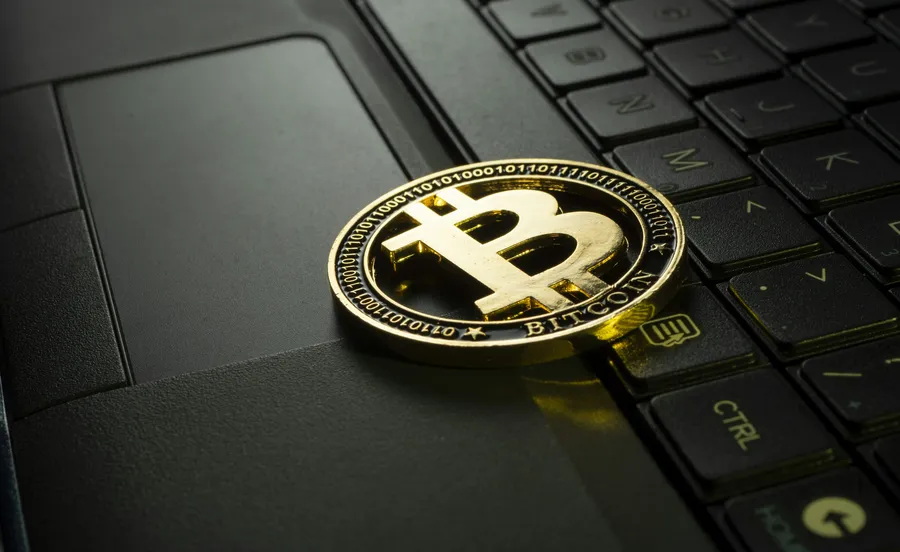What is a Cryptocurrency Exchange? – How to Safely Exchange Digital Assets

Title: The Reality Checklist for Safer Crypto Exchanges: Navigating the Wild West of Digital Asset Swaps
Hi there, folks. Valerii Wilson here – seasoned crypto security expert and smart contract auditor who’s seen it all; the good, the bad, and the downright ugly. Today we’re talking about cryptocurrency exchanges – those digital marketplaces where people trade their hard-earned (or easily mined) virtual coins for others or fiat money. Sounds simple enough, right? Well, buckle up because this is the Wild West of finance!
Section 1: What’s a Crypto Exchange?
Let’s start with the basics. A crypto exchange is like an online bazaar but instead of buying socks or books, you can swap one type of digital currency for another or trade it for cold, hard cash. Centralized exchanges (CEX) are run by companies that hold users’ assets on their behalf while decentralized exchanges (DEX) let users retain control over their funds during transactions.
Section 2: How to Avoid Being Fleeced in the Crypto Bazaar
Research before you leap: Just because a platform claims it’s secure and reputable doesn’t mean it is. Read user reviews, check out forums, look for red flags like poor customer service or sudden changes to terms of use. Remember, if something looks too good to be true, it probably is!
Beware of phishing attacks: Cybercriminals love targeting crypto users. They’ll send fake emails or create counterfeit websites mimicking real exchanges, tricking unsuspecting folks into giving away login credentials or private keys. Always double-check URLs and links before clicking!
Use two-factor authentication (2FA) everywhere: This adds an extra layer of security by requiring a code sent to your phone or generated by an app alongside your password. It’s like having a bouncer at the entrance of your digital vault.
Keep your software up-to-date: Just as you wouldn’t ignore updates on your car’s dashboard, don’t neglect updating your exchange’s software. Developers release patches to fix vulnerabilities regularly, so stay current!
Section 3: Navigating the Treacherous Waters of NFT Scams & Key Leaks
Non-Fungible Tokens (NFTs) have added another layer of complexity – and opportunities for scammers. They’re unique digital assets, often representing artworks or collectibles. But remember, just because something looks like Mona Lisa doesn’t mean it is! Always verify the authenticity of NFTs before trading.
Key leaks happen when someone accidentally or deliberately exposes their private keys. These are your crypto kingdom’s gatekeepers; if they fall into the wrong hands, kiss your assets goodbye. Store them safely offline (think ‘cold storage’) and never share them via email or messaging apps.
Section 4: A Final Word of Caution
Crypto exchanges aren’t regulated like traditional stock markets. That means there are fewer safety nets if something goes wrong. It’s up to you, dear traders, to be vigilant and proactive in safeguarding your virtual loot. Remember, while digital assets can offer immense freedom and opportunity, they also attract crooks and chaos just as much as real-world riches do!
So there you have it – my blunt truth bombs about navigating the world of cryptocurrency exchanges. Stay alert, stay secure, and may your trading be blessed with prosperity, not peril. Happy swapping!









